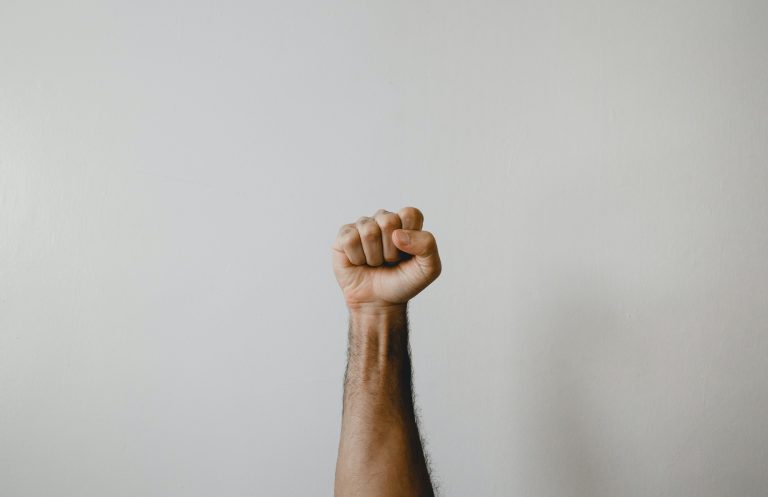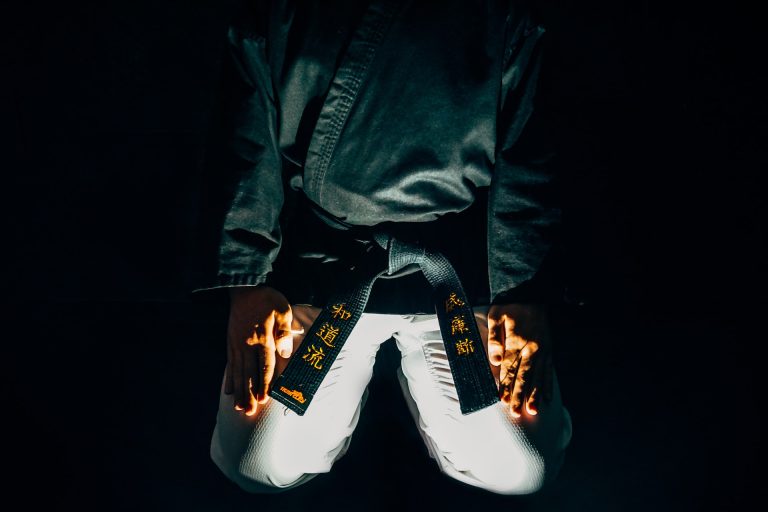Can Karate be an Effective Defense?
Karate is a form of martial arts that originated in Okinawa, Japan, in the early 20th century. This combat technique focuses on striking techniques, such as punching, kicking, and knee and elbow strikes. Karate is known for its effectiveness as a self-defense weapon, but can it really protect you in a real-life situation? Let’s explore further.
What is Self-defense?
Self-defense involves preemptive measures taken to protect oneself or others from harm. This concept includes measures like using your voice, pepper spray, a gun, or any other tool to prevent aggression or violence. It is essential to understand that self-defense doesn’t imply violence but takes the necessary steps to defend oneself in a given situation.
Karate as a Self-defense tool
Karate is quite popular as a self-defense tool. This martial art involves a series of striking techniques that can enable individuals to escape from or neutralize potential attacks. Karate movements can be quick, sharp, and impactful, making it an excellent option for self-defense.
Karate can train individuals in essential life skills such as situational awareness, de-escalation, and response. The physical training involved in practicing Karate can increase a person’s physical strength, speed, and stamina, enhancing their overall confidence and personal safety.
Practicing Karate for self-defense
To harness the full power of karate as a self-defense tool, individuals need to practice it regularly. Karate is best when used in conjunction with other self-defense tools, such as pepper spray, tactical flashlights, or personal alarms.
Recognizing potentially dangerous situations and understanding the environmental factors is essential when practicing Karate for self-defense. Having quick reflexes and adequate body movements also plays a crucial role in using this technique in actual situations.
It is essential to make sure that you practice Karate under the guidance of an experienced instructor who can teach you the proper technique and help you respond to situations in a controlled environment.
Conclusion
Karate can be an effective defense tool when used correctly. It is an excellent form of martial arts that can provide individuals with the necessary physical and mental tools required to defend oneself in a potential threat.
However, karate should not be used as an excuse for violence or aggression. The aim of practicing karate for self-defense is to help individuals defend themselves or others and foster a sense of confidence and preparedness in the face of danger. With proper training and guidance, karate can be an empowering tool for self-defense.
Can Karate be an Effective Defense? 8 Frequently Asked Questions Answered
If you’re thinking about taking up martial arts to improve your self-defense skills, you have probably heard of karate. Karate is an ancient fighting system that originated in Japan and is now practiced all over the world. However, with so many different martial arts styles out there, you may be wondering if karate is an effective option for self-defense.
In this post, we’ll answer some of the most commonly asked questions about karate as a self-defense system. We’ll also provide some tips on how to choose the right karate school and instructor and how to train effectively.
1. What is karate?
Karate is a martial art that emphasizes striking techniques, such as punches, kicks, and knee strikes. It also includes grappling and joint-locking techniques. Karate is known for its powerful and efficient techniques, as well as its emphasis on discipline and respect.
2. Can karate be effective in a real-life self-defense situation?
Yes, karate can be effective in a self-defense situation. The techniques taught in karate are designed to be efficient and powerful, allowing the practitioner to defend themselves against an attacker. However, like any self-defense system, the effectiveness of karate depends on the practitioner’s training and ability to apply the techniques in a real-life situation.
3. What are the benefits of learning karate for self-defense?
There are several benefits to learning karate for self-defense. First, karate teaches self-discipline and mental toughness, allowing practitioners to stay calm and focused in a high-stress situation. Second, it improves physical fitness, strength, balance, and coordination, which can help practitioners defend themselves more effectively. Third, it provides practical self-defense skills that can be used in a real-life situation.
4. How long does it take to become proficient in karate for self-defense?
The amount of time it takes to become proficient in karate for self-defense depends on several factors, such as how often you train, your level of physical fitness, and your natural ability. However, with regular training, it’s possible to become proficient within a few months to a year. It’s important to note that proficiency in karate takes years of consistent training and dedication.
5. How do I choose the right karate school and instructor?
When choosing a karate school and instructor, it’s important to do your research. Look for a school and instructor with a good reputation and a track record of producing skilled martial artists. You should also make sure that the school and instructor are certified and have experience teaching karate for self-defense.
6. Can I learn karate for self-defense online?
While it’s possible to learn karate for self-defense online through instructional videos and tutorials, it’s not recommended. Learning martial arts online can be dangerous and ineffective since you won’t have an instructor present to correct your technique and ensure that you’re training safely.
7. What equipment do I need to train karate for self-defense?
To train karate for self-defense, you’ll need a karate uniform (gi), hand wraps or gloves, shin guards, and a mouthguard. Some schools also require additional protective gear, such as headgear or a chest protector.
8. How can I train effectively in karate for self-defense?
The key to training effectively in karate for self-defense is to practice regularly and with focus. It’s essential to learn and master the basics before moving on to advanced techniques. You should also practice your techniques in real-life scenarios, such as simulated attacks or self-defense drills, to ensure that you’re prepared to defend yourself in a real-life situation.
Conclusion
Karate can be an effective self-defense system, but it’s important to choose the right school and instructor and to train regularly with focus and dedication. By mastering the basics and practicing in real-life scenarios, you can develop practical self-defense skills that can help you stay safe and protect yourself in a high-stress situation.
Inhaltsverzeichnis






